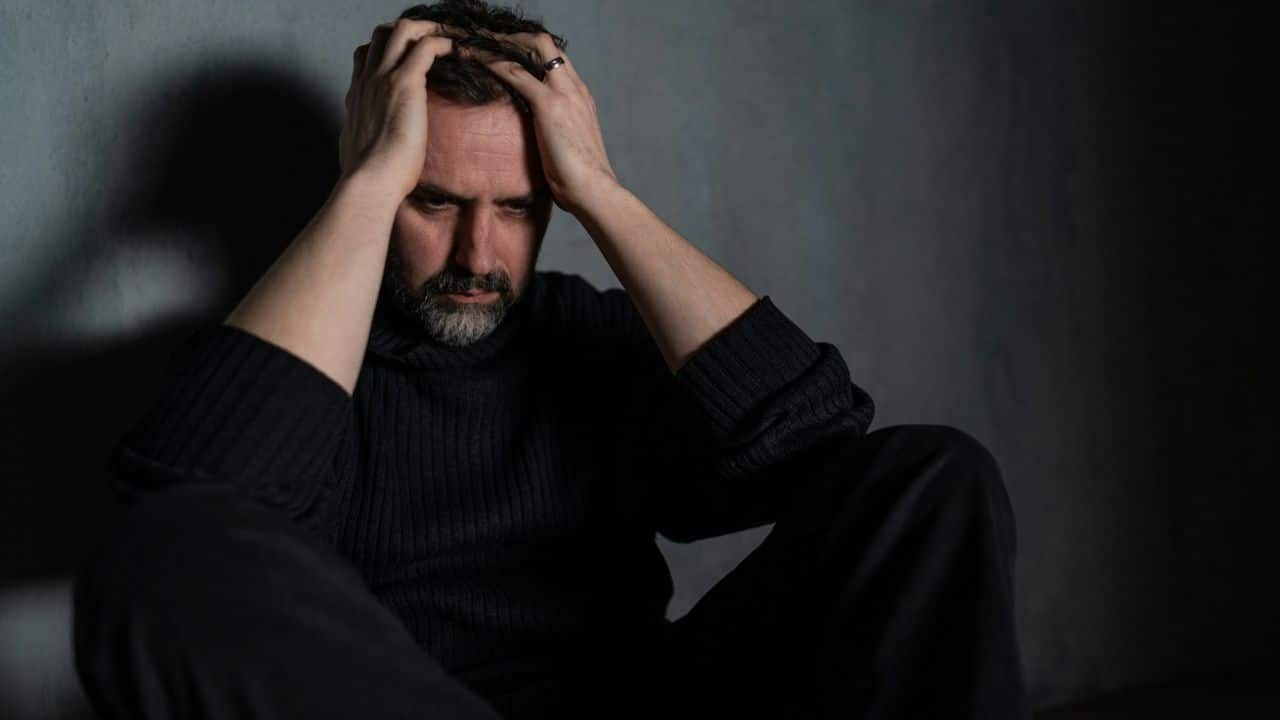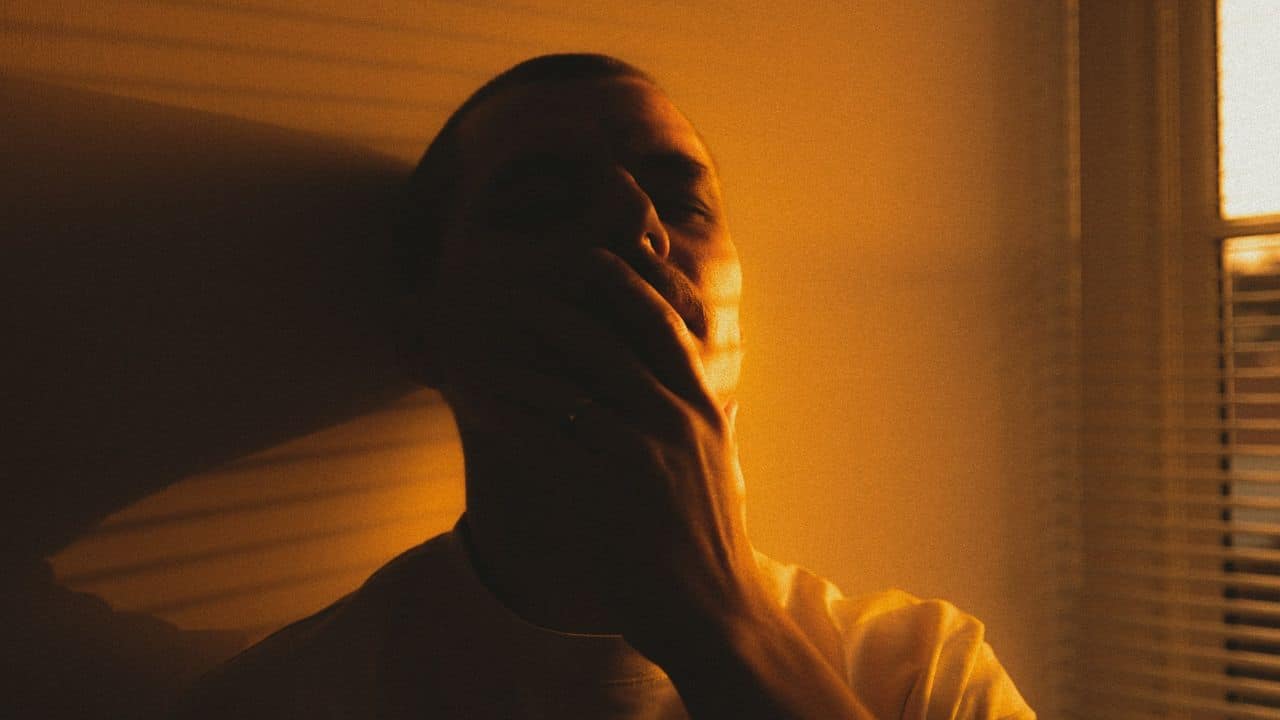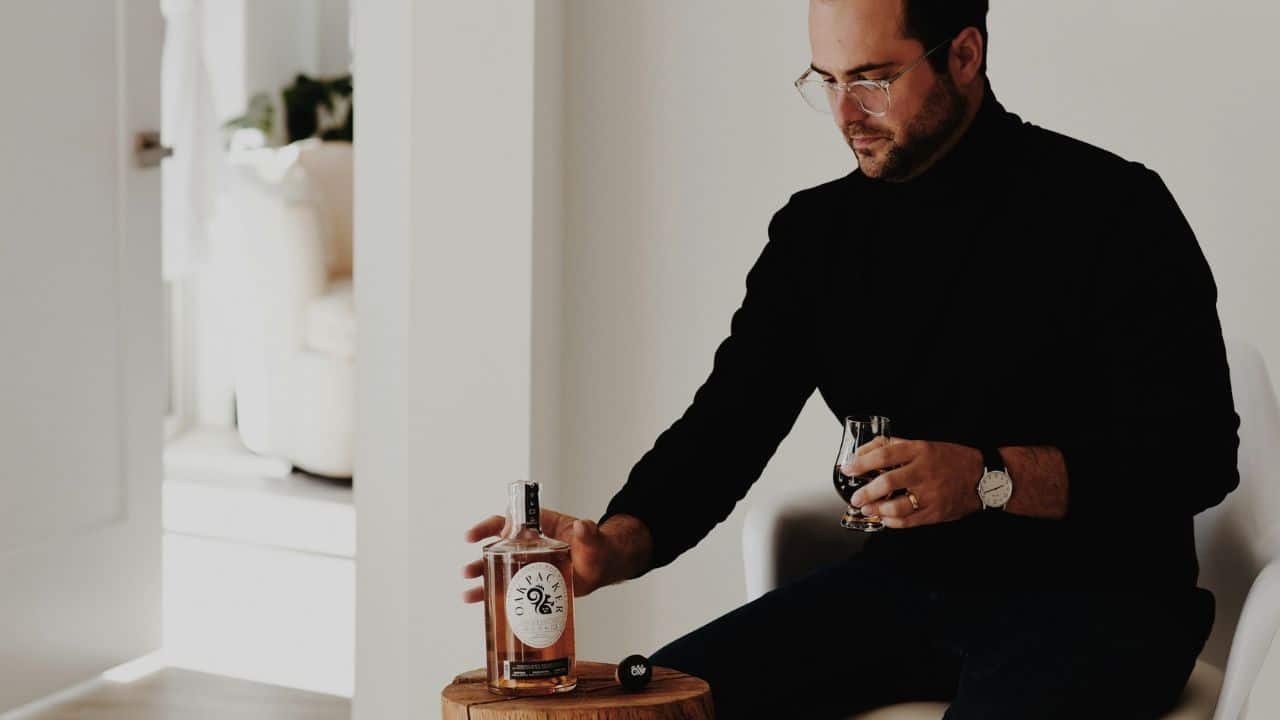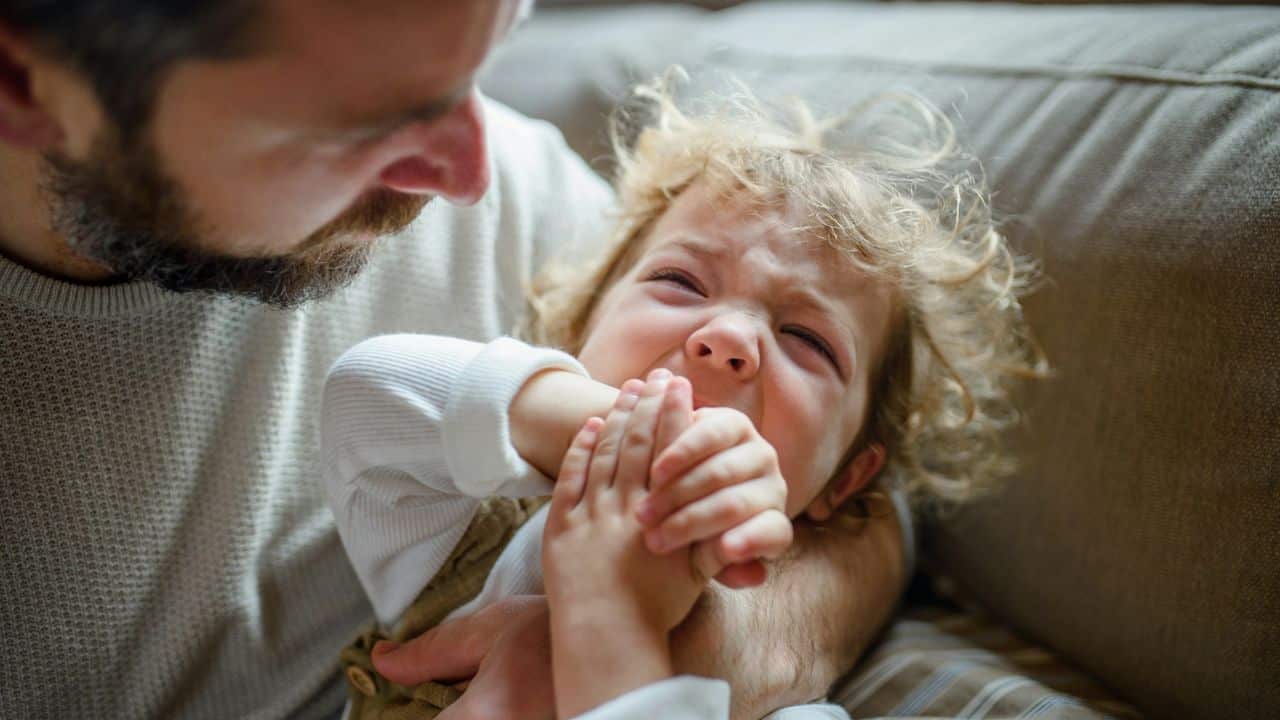
You don’t just outgrow childhood trauma. It packs a bag, moves into adulthood with you, and shows up in ways you might not even notice. Ever wonder why you shut down during arguments or why success never feels “enough”? That’s the kid inside you still trying to survive. It’s not weakness, it’s wiring. The good news is that once you see the patterns, you can stop them from running the show.
Trust Issues That Never Go Away

When you grow up with betrayal or neglect, trusting people feels like walking across thin ice. Even when someone proves they’re solid, you still wait for the crack. Relationships suffer, friendships stay surface-level, and you’re left lonely because you can’t fully lean on anyone. It’s not paranoia; it’s a survival skill that overstayed its welcome.
Struggling With Intimacy and Openness

Vulnerability feels like danger if your emotions once got you mocked or ignored. So now you keep feelings locked down, even from people you love. That wall may keep hurt out, but it also keeps closeness away. Real intimacy requires risk, and for you, risk has always felt unsafe.
Living Anxious and On Guard

Growing up in chaos trains your brain to always expect the worst. Even in safe situations, you’re braced for disaster. At work, at home, even on vacation, relaxation feels impossible. Your nervous system is stuck in fight-or-flight, and while it once kept you alive, it now just drains your energy.
Numbing Out Emotions

If showing feelings as a kid meant punishment or ridicule, you learned to shut them off. Now you tell people you’re fine even when you’re drowning. Joy, sadness, and even grief get muted. It looks like control from the outside, but inside, it’s disconnection. And that numbness makes life feel flat.
Saying Yes to Everyone but Yourself

When keeping the peace meant survival, you grew into a people-pleaser. Saying no feels dangerous, so you overcommit at work, give in at home, and carry resentment quietly. You think you’re avoiding conflict, but really, you’re avoiding boundaries. The cost? Exhaustion and a simmering anger that eventually explodes.
Running From Conflict

If childhood fights meant screaming or worse, then any disagreement now feels like a landmine. You shut down, back away, or agree to things you hate just to keep the calm. But avoiding conflict isn’t peace, it’s self-betrayal. Your voice matters, even if it shakes.
Feeling Not Good Enough

\\When you were told you were never enough, you believed it. So as an adult, achievements don’t land, compliments bounce off, and mistakes feel like proof you’re worthless. Even with success, you carry that broken record in your head. It’s not the truth, but it’s been the soundtrack for years.
Shame That Sticks to Everything

Trauma plants shame deep in your bones. You carry a sense of being “bad” even when you’ve done nothing wrong. That shame makes you hide parts of yourself, fear judgment, and overcompensate with perfection. It’s heavy, and it’s undeserved, but it lingers because childhood taught you to blame yourself for everything.
Anger That Boils Over

Some men explode at small things, others bottle it up until they erupt. Both are signs of anger rooted in old wounds. Maybe you saw violence, maybe you weren’t allowed to speak up, but the rage built anyway. Anger isn’t random. It’s pain in armor. The trouble is, it pushes people away.
Weak or Rigid Boundaries

If your privacy was ignored or you were forced to grow up too soon, boundaries never formed right. You either let people walk all over you or you shut everyone out. Both extremes are survival tactics from the past. Healthy boundaries aren’t selfish. The truth is, they’re necessary.
Attachment That Feels Off

When love was unreliable, your adult relationships reflect it. Maybe you cling too tightly, fearing abandonment. Or maybe you keep people at a distance, fearing closeness. Either way, intimacy feels like a balancing act between craving connection and fearing it.
Repeating the Same Bad Relationships

You swear you’ll never end up with someone like your parent, then find yourself in the same cycle. That’s not bad luck; it’s familiar dysfunction pulling you in. Until you spot the pattern, you’ll replay the same script with different faces.
Perfectionism That Wears You Down

If childhood taught you that mistakes equal punishment, perfection became your armor. Now every error feels catastrophic, and you drive yourself past exhaustion chasing flawless results. It’s not about excellence; it’s about avoiding shame. The problem is, perfect doesn’t exist, and the chase will burn you out.
Doubting Your Own Gut

Gaslighting or constant criticism in childhood leaves you questioning yourself as an adult. You second-guess decisions, overthink simple choices, and look to others for validation. It’s exhausting to live without trust in your own instincts. Deep down, you’re capable, but you just learned to silence that inner voice.
Numbing With Bad Habits

Alcohol, overwork, overeating, and endless scrolling aren’t random habits. These are ways to quiet pain that never got processed. For a while, they help you escape. But eventually, the coping becomes its own prison. You don’t need more willpower; you need healthier tools to deal with what’s underneath.
Carrying Trauma in Your Body

Headaches, back pain, high blood pressure—sometimes the body remembers what the mind tries to bury. Living in constant stress as a kid wired your system to stay tense. That tension shows up decades later as real health problems. Healing your body starts with acknowledging the weight your past put on it.
Parenting Fears and Struggles

Becoming a dad can open old wounds fast. You either overprotect your kids or fear becoming the parent you hated. Every tantrum triggers old memories, and you feel lost without a blueprint. But the very fact you’re worried about repeating the cycle proves you’re already doing better.
Feeling Like the Odd One Out

Growing up with trauma makes you feel different from everyone else. While others laugh easily, you feel heavy. You may play the part of being social, but inside, you feel like no one truly gets you. Isolation becomes a habit, but it’s built on the lie that you’re alone in this.
Stuck in Survival Mode

Even when life is stable, you live like disaster is around the corner. You overwork, overprepare, and can’t relax because safety never feels real. Survival mode kept you alive as a kid, but as an adult, it keeps you from enjoying the life you’ve built.
Still Feeling Like a Kid Inside

You might be 40, with a career and a family, yet sometimes you feel like a scared child in a grown body. That’s the part of you that never got to grow up safely. It’s not immaturity; it’s unfinished business from your past. Recognizing it is the first step to becoming the adult you want to be.






Ask Me Anything